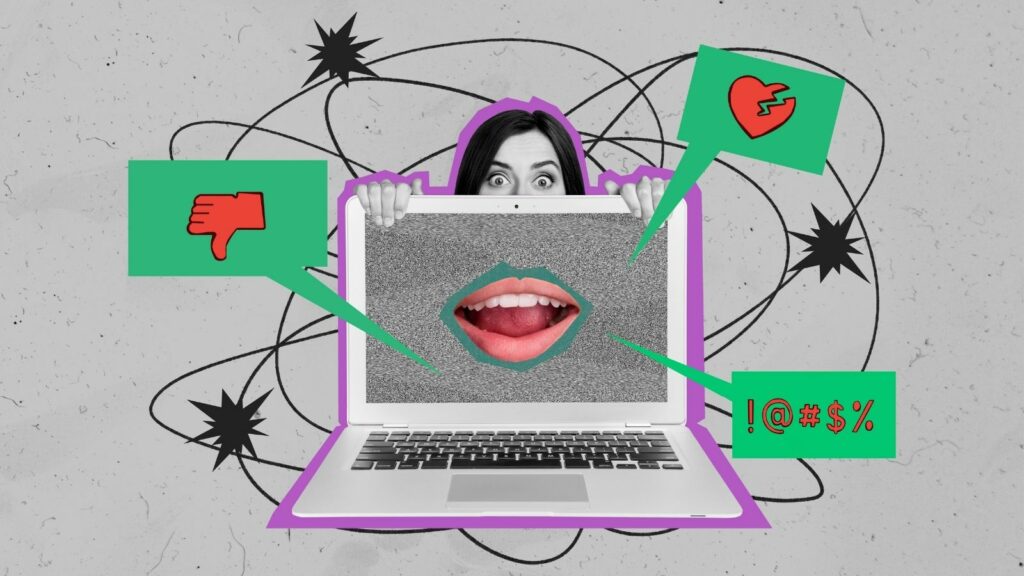Social media has significantly changed the way we connect and communicate with others. But while our online activity offers countless benefits, it also brings potential downsides, especially regarding self-esteem and confidence. We look at 21 subtle signs that your social media use might be taking a toll on your emotional wellbeing:
You Feel Anxious When Your Posts Don’t Get Likes or Comments
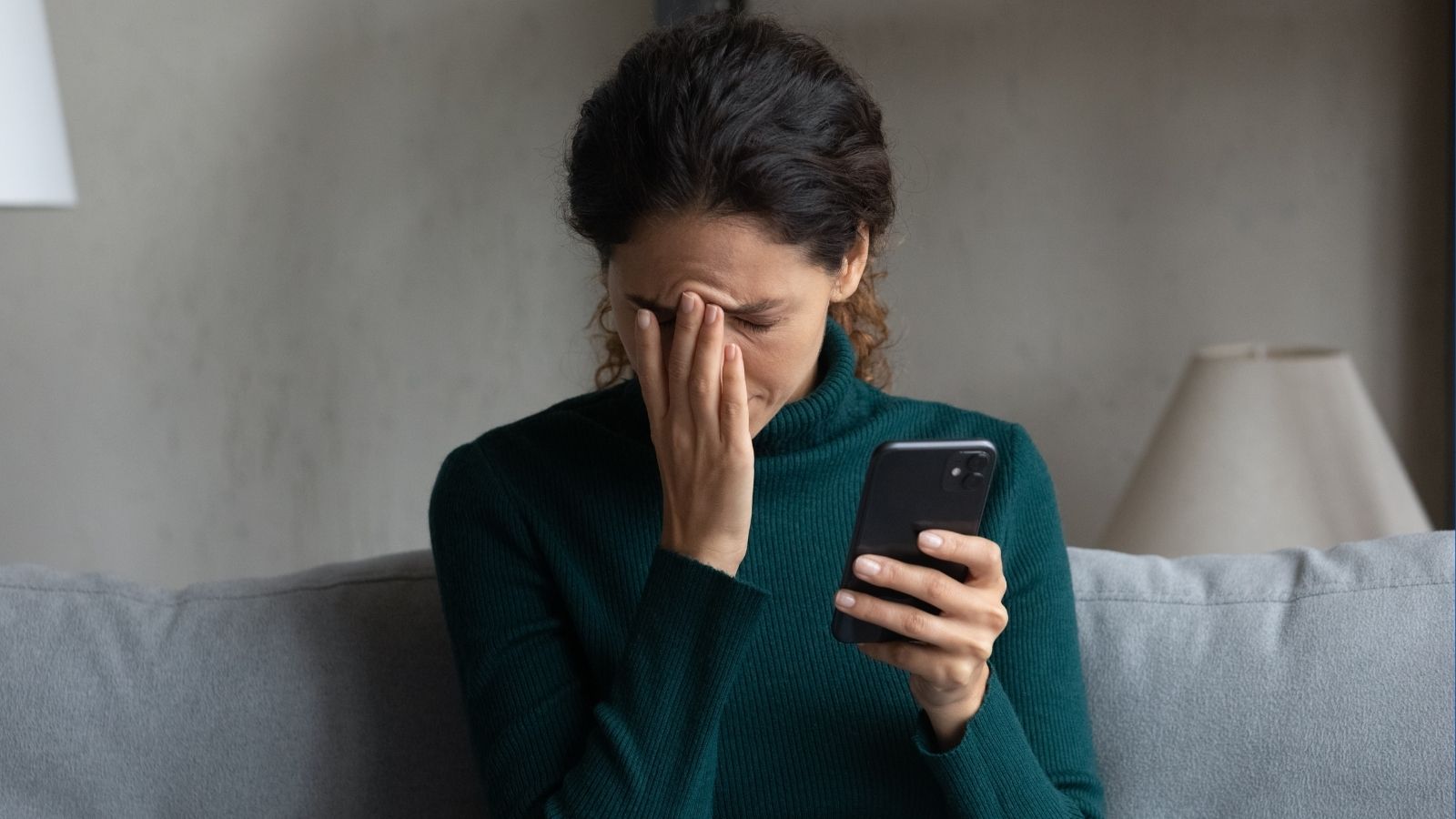
It’s natural to want validation, but if you’re feeling disheartened or anxious when your posts don’t receive enough engagement, it may be a sign that social media is influencing your self-worth.
Comparing Yourself to “Perfect” Lives
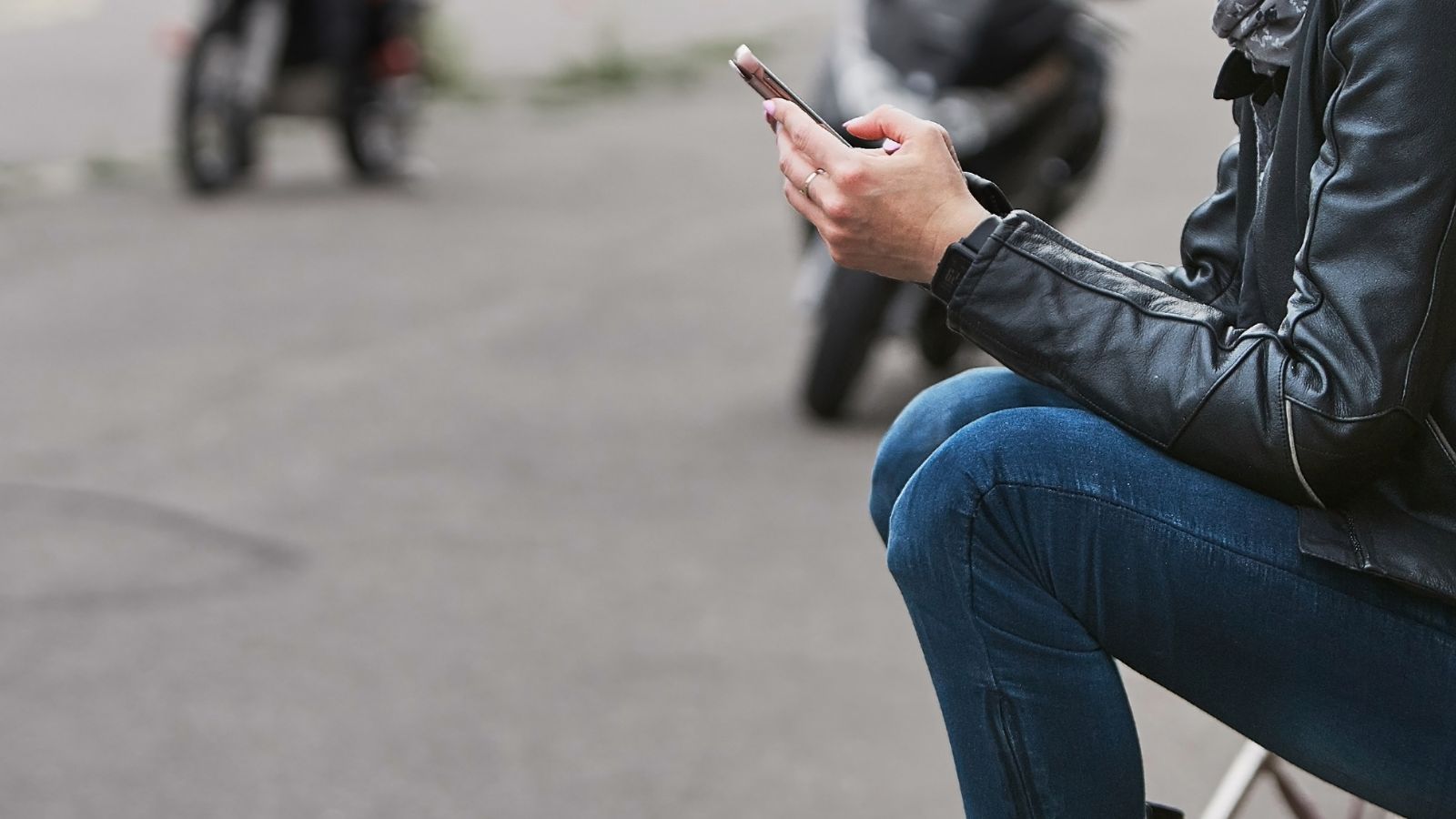
Scrolling through filtered images of others’ seemingly flawless lives can create a false sense of inadequacy. If you find yourself comparing your reality to their curated highlights, it might be time to rethink your scrolling habits.
You Edit Your Photos Excessively
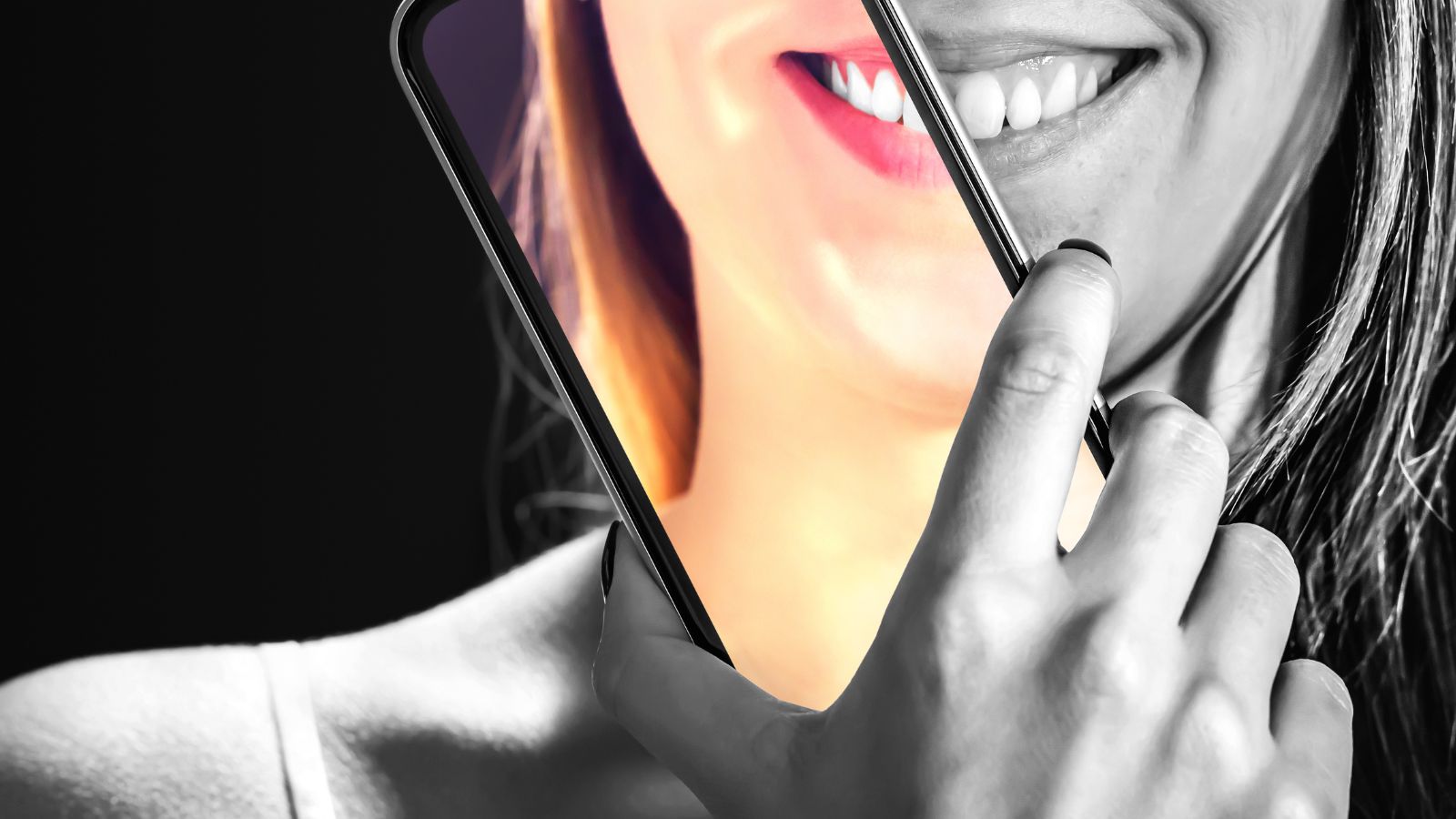
Using apps to change how you look or alter your body shape can become a crutch, making it hard to accept your natural appearance. This can slowly erode your self-confidence over time.
You’re Obsessed with Checking Others’ Stories or Profiles
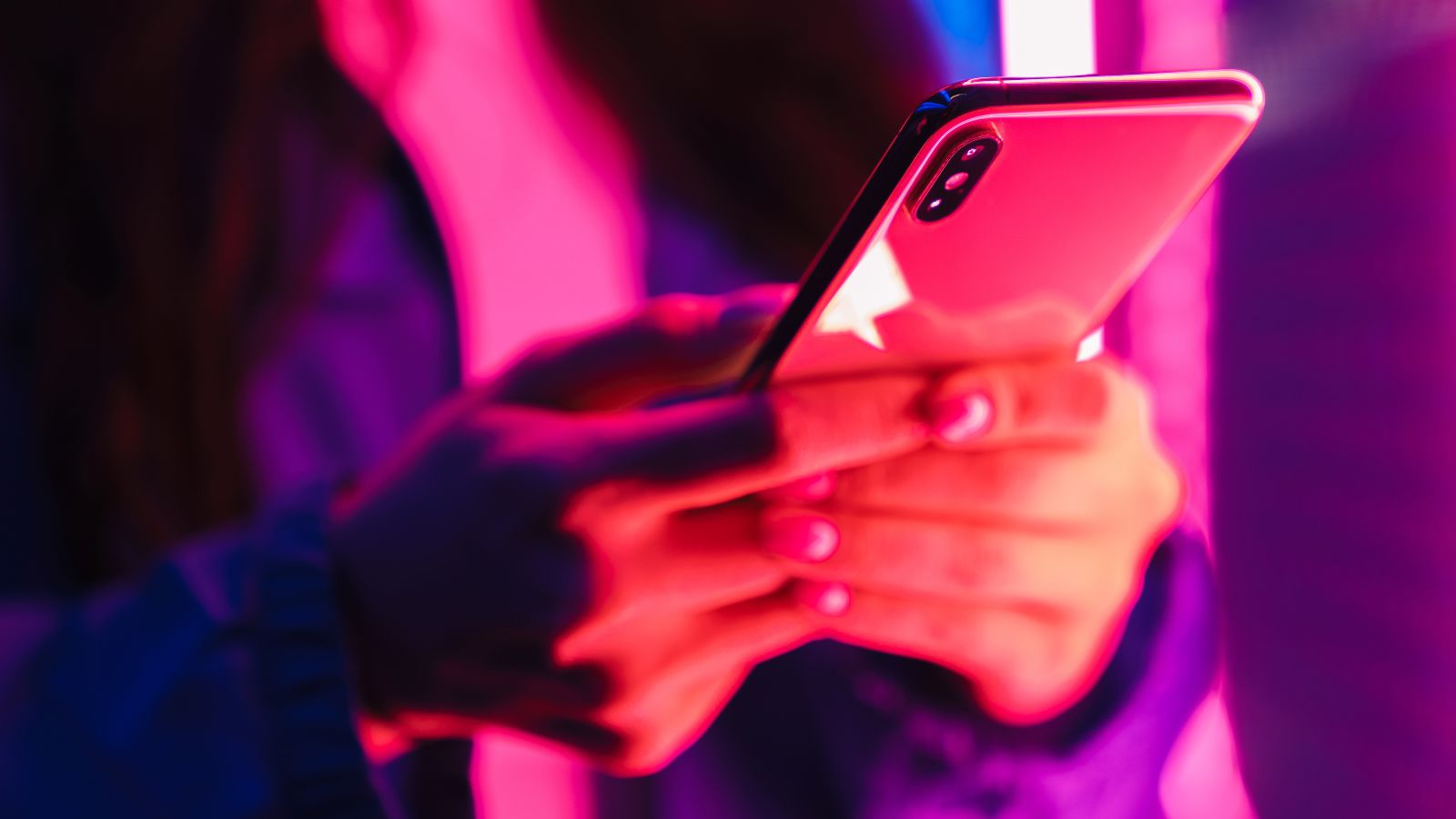
Feeling the need to constantly check up on others’ social media accounts, especially if it’s an ex-partner or someone you envy, can foster insecurities rather than helping you stay connected.
Fear of Missing Out (FOMO)
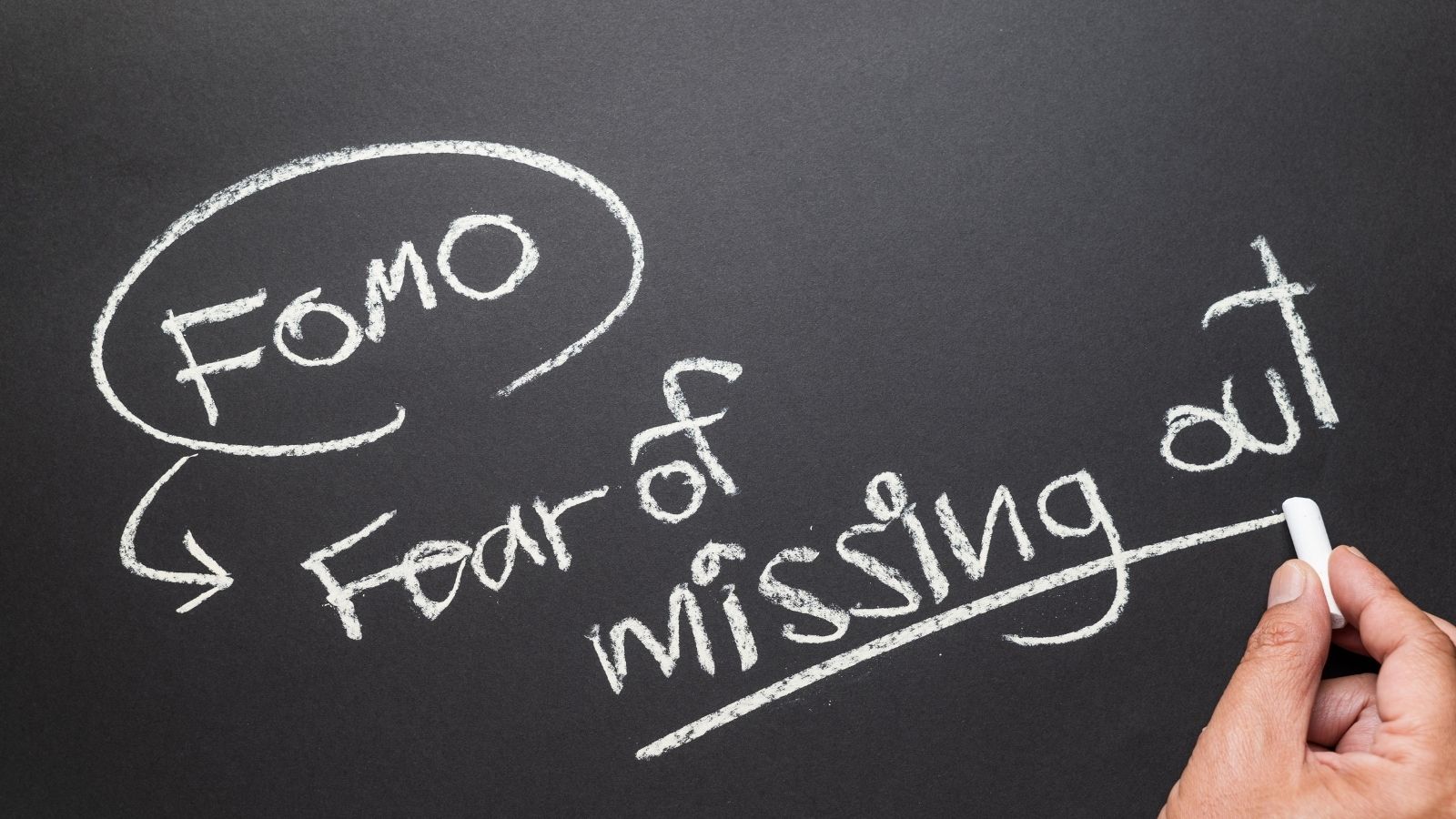
If you frequently feel like everyone else is living a more exciting or fulfilled life than you, this could be FOMO in action. Social media amplifies this feeling and can make you question the worth of your own life.
Ruminating Over Negative Comments or Criticism
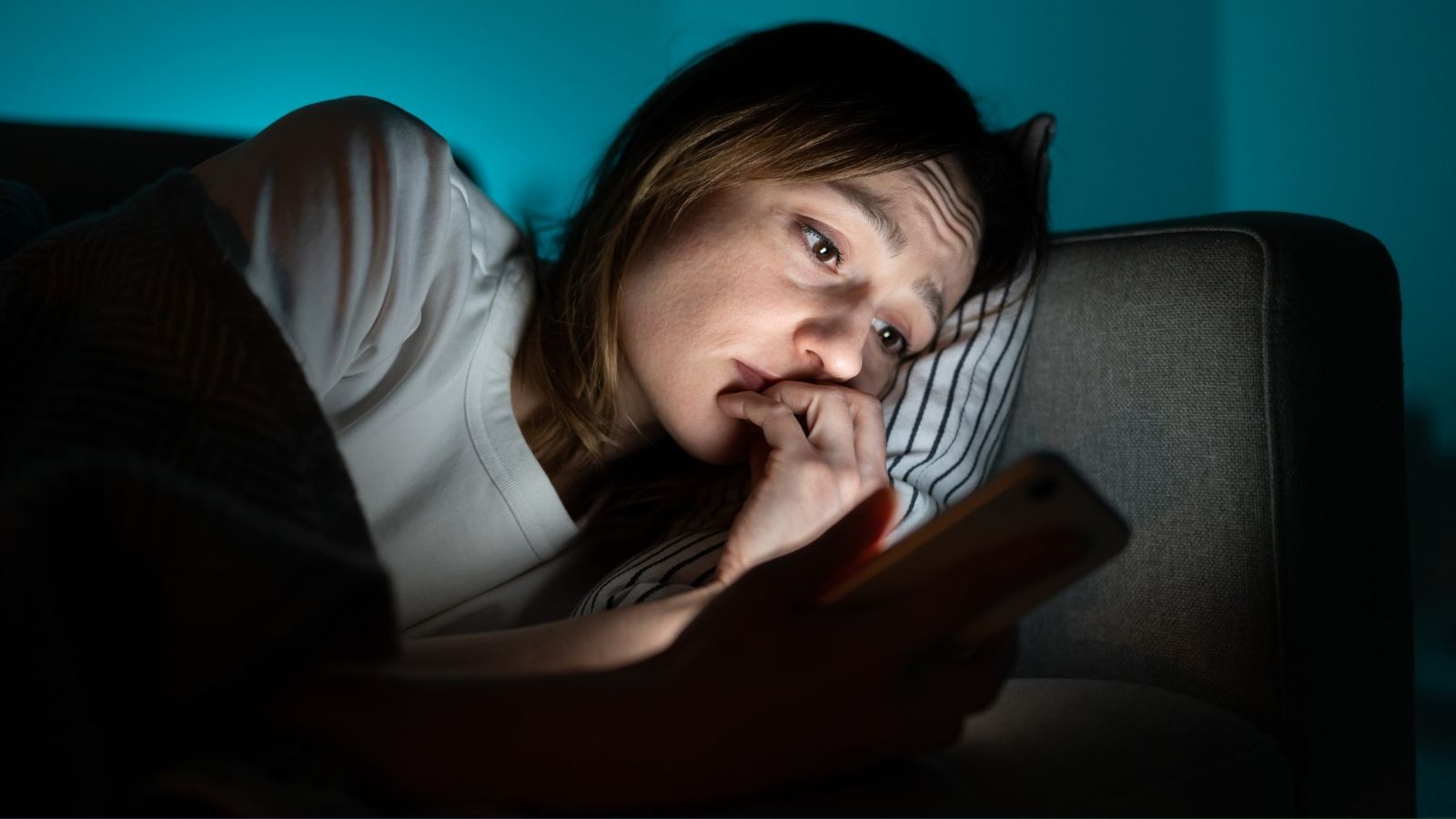
A single negative comment can linger in your mind far longer than a hundred positive ones. This fixation can erode self-esteem, making you more susceptible to external opinions.
You Delete Posts That Don’t Get Enough Likes
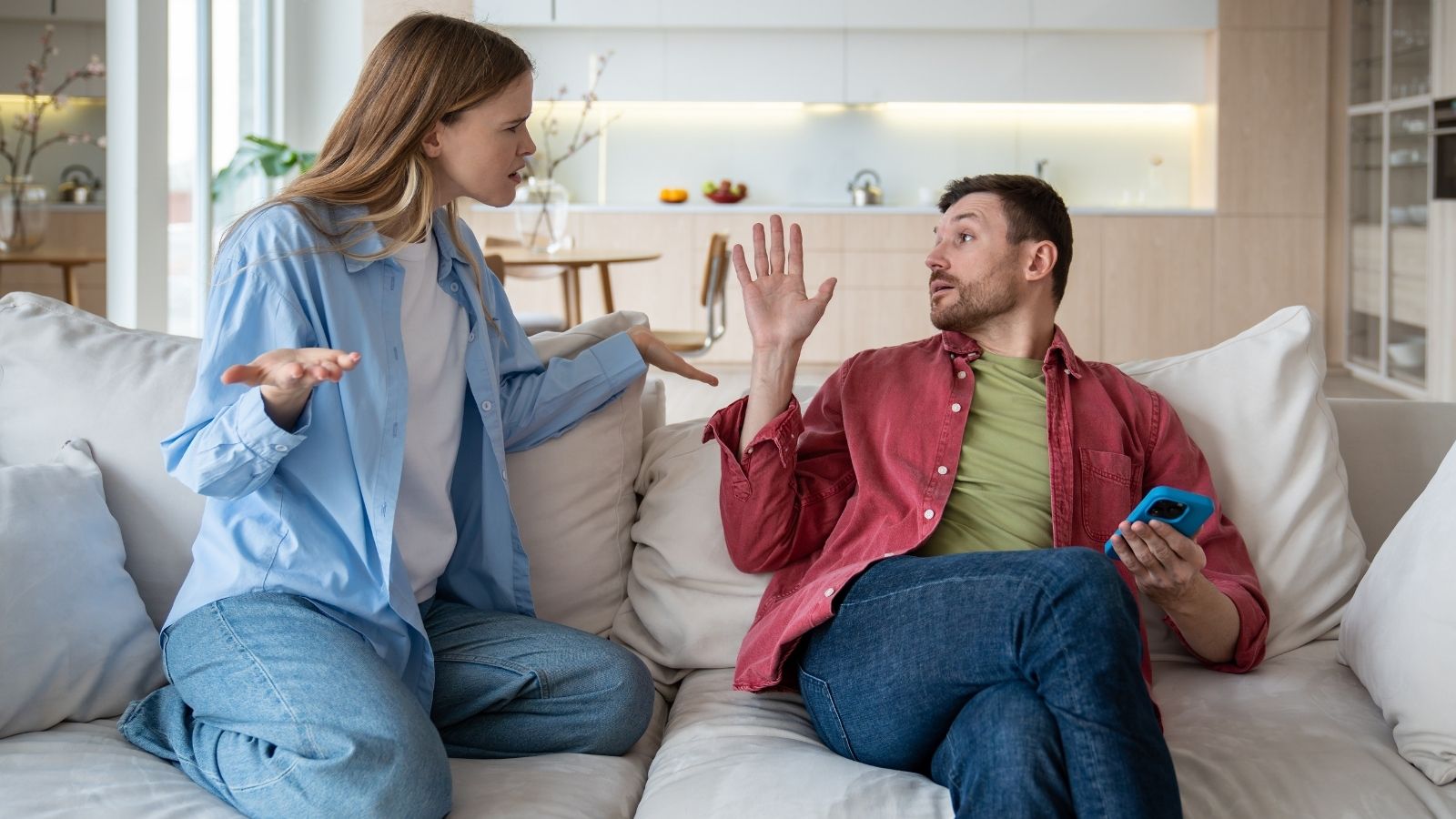
If you’ve ever deleted a post because it didn’t get enough engagement, you may be overly dependent on social media approval to feel validated. Sometimes, it’s ok to say something that others don’t like so you shouldn’t feel the pressure to be perfect.
Following Unrealistic Beauty Standards

Social media can flood you with images that portray unattainable beauty ideals. Internalizing these can make you feel inadequate about your own appearance, even though these images often involve extensive editing or filters.
Increased Use of Filters and Selfie Apps
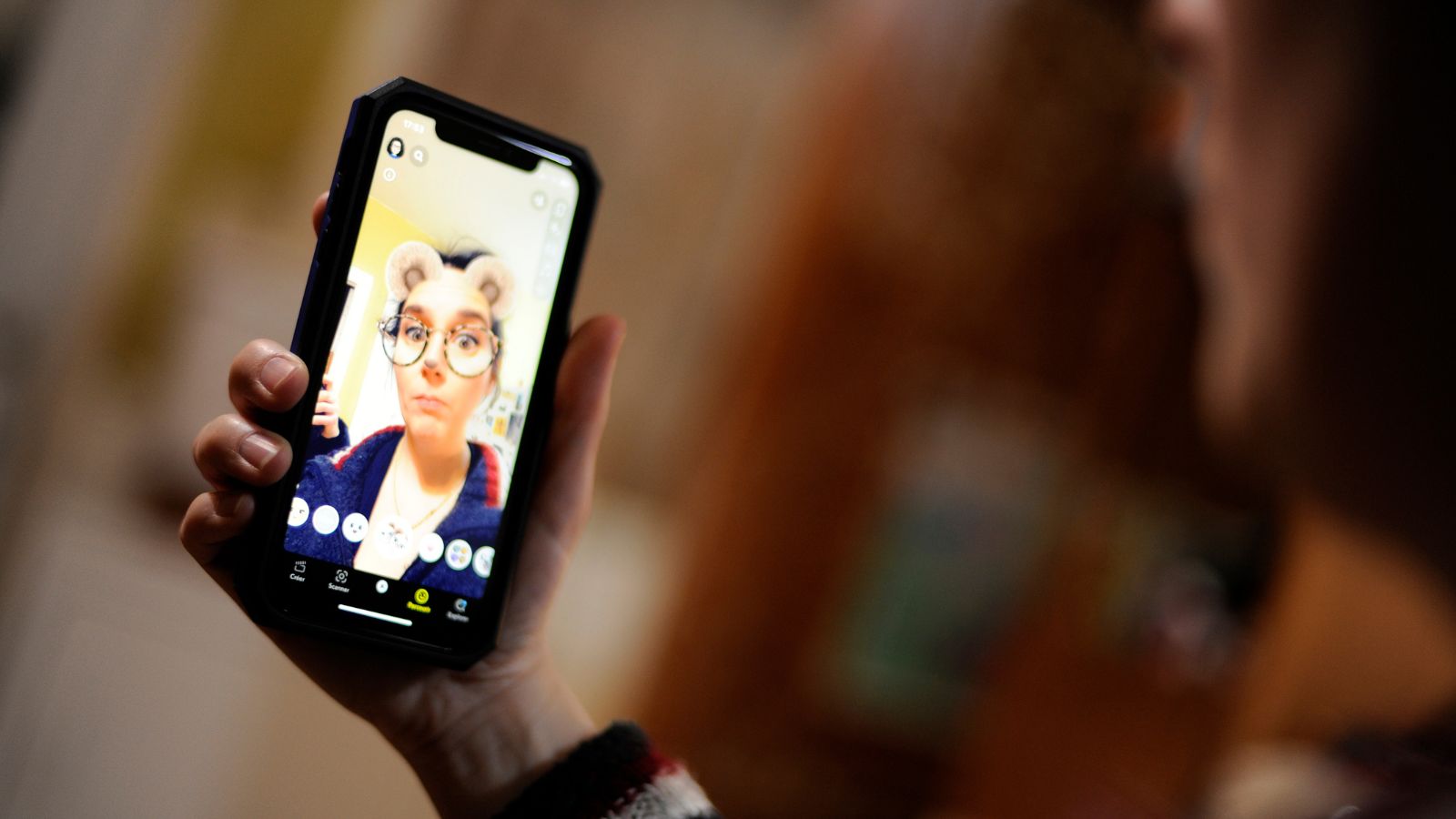
Using filters can be fun, but if you feel uncomfortable sharing unfiltered photos, this may be a sign that social media is affecting how you feel about your true appearance.
Feeling Insecure About Your Achievements
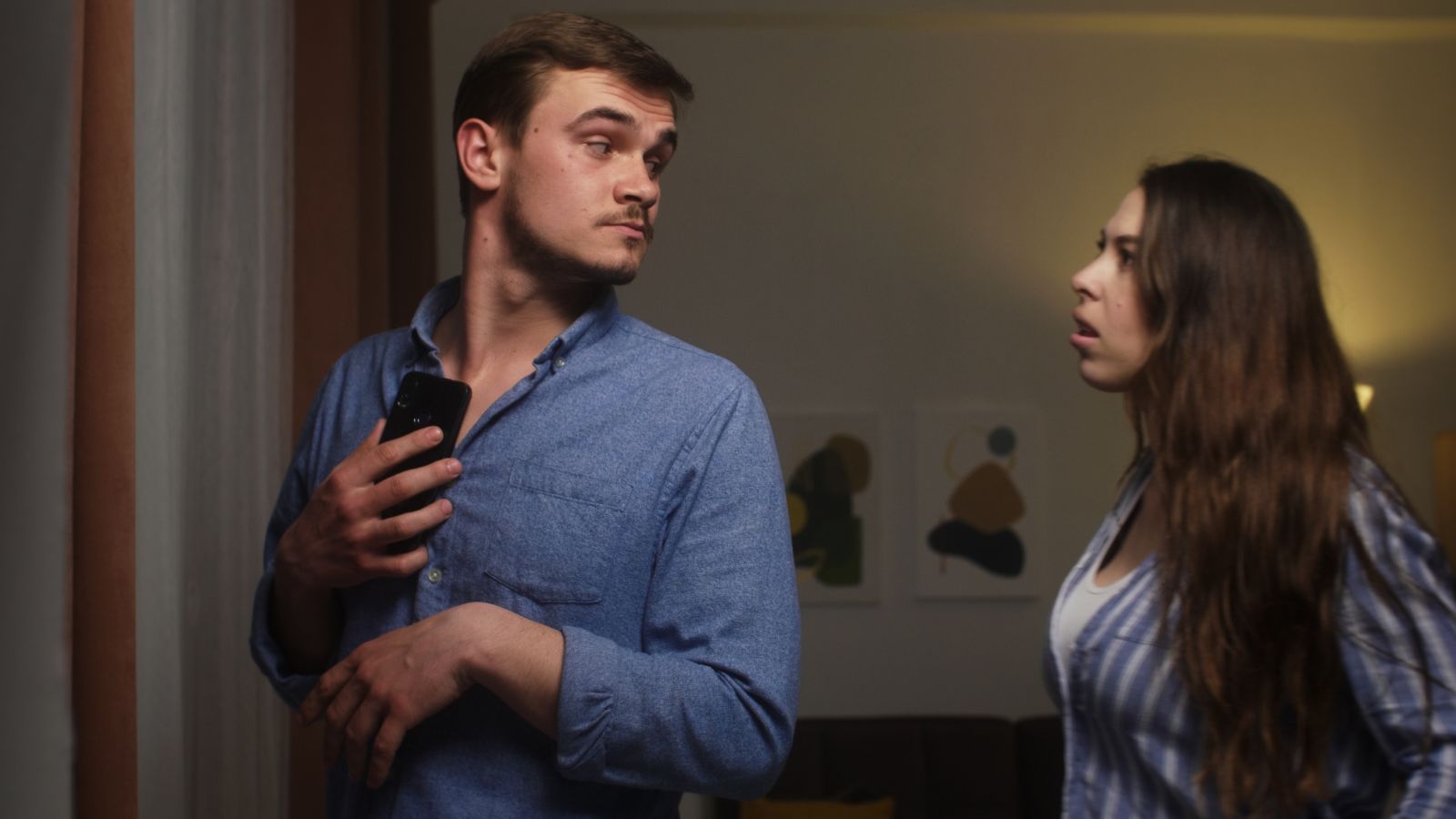
When scrolling through feeds filled with success stories, luxury vacations, or “perfect” families, you may start feeling that your own life isn’t measuring up.
You’re Obsessed with Growing Your Follower Count

If follower counts become a source of anxiety, it’s a strong indication that social media validation is affecting your confidence. You should focus on the quality if your interactions rather than how many followers you have.
Your Self-Worth is Linked to Your “Digital Self”

If your sense of self-worth has shifted to align with your online identity, it’s worth considering how much of your real personality is being sacrificed for online approval.
Experiencing Imposter Syndrome
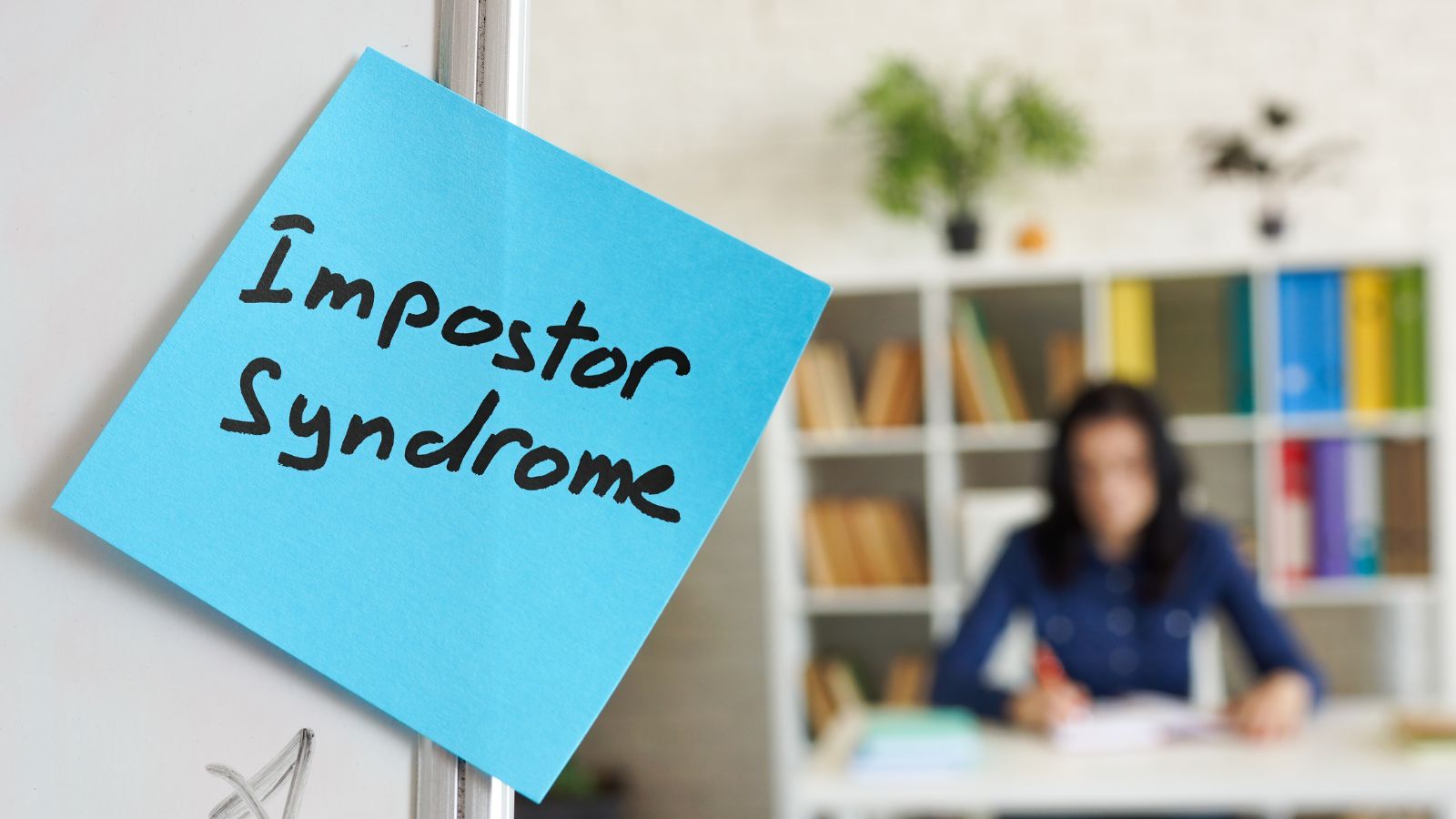
Social media often showcases people at their best. If you constantly feel like you’re faking success or achievements to keep up, this might be imposter syndrome fueled by social media comparisons.
The Pressure to Stay “Relevant”
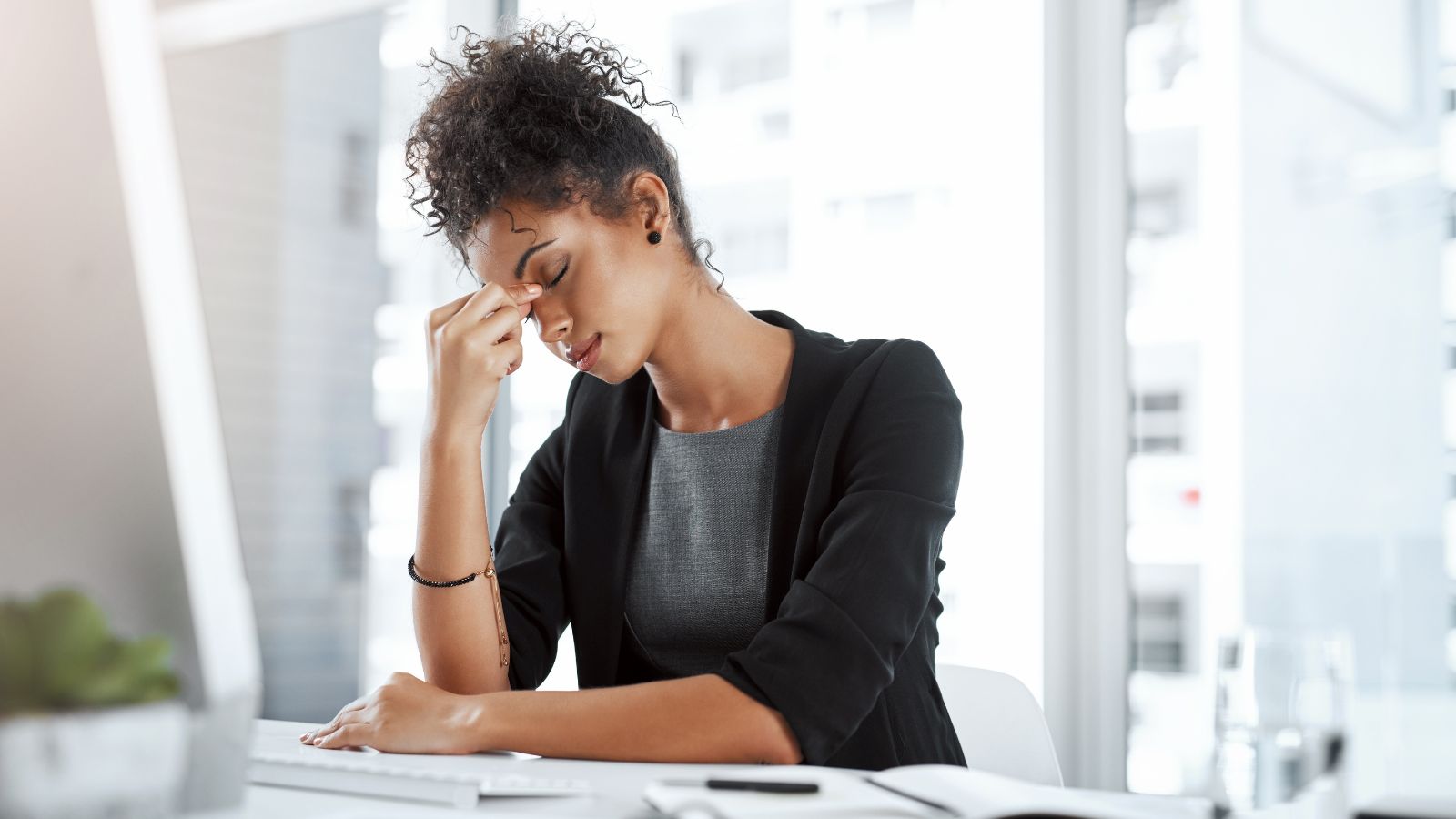
Social media constantly updates and evolves and if you feel pressured to stay on top of trends or post constantly, it could be a sign that you’re measuring your value by social media standards.
Checking Notifications for Validation
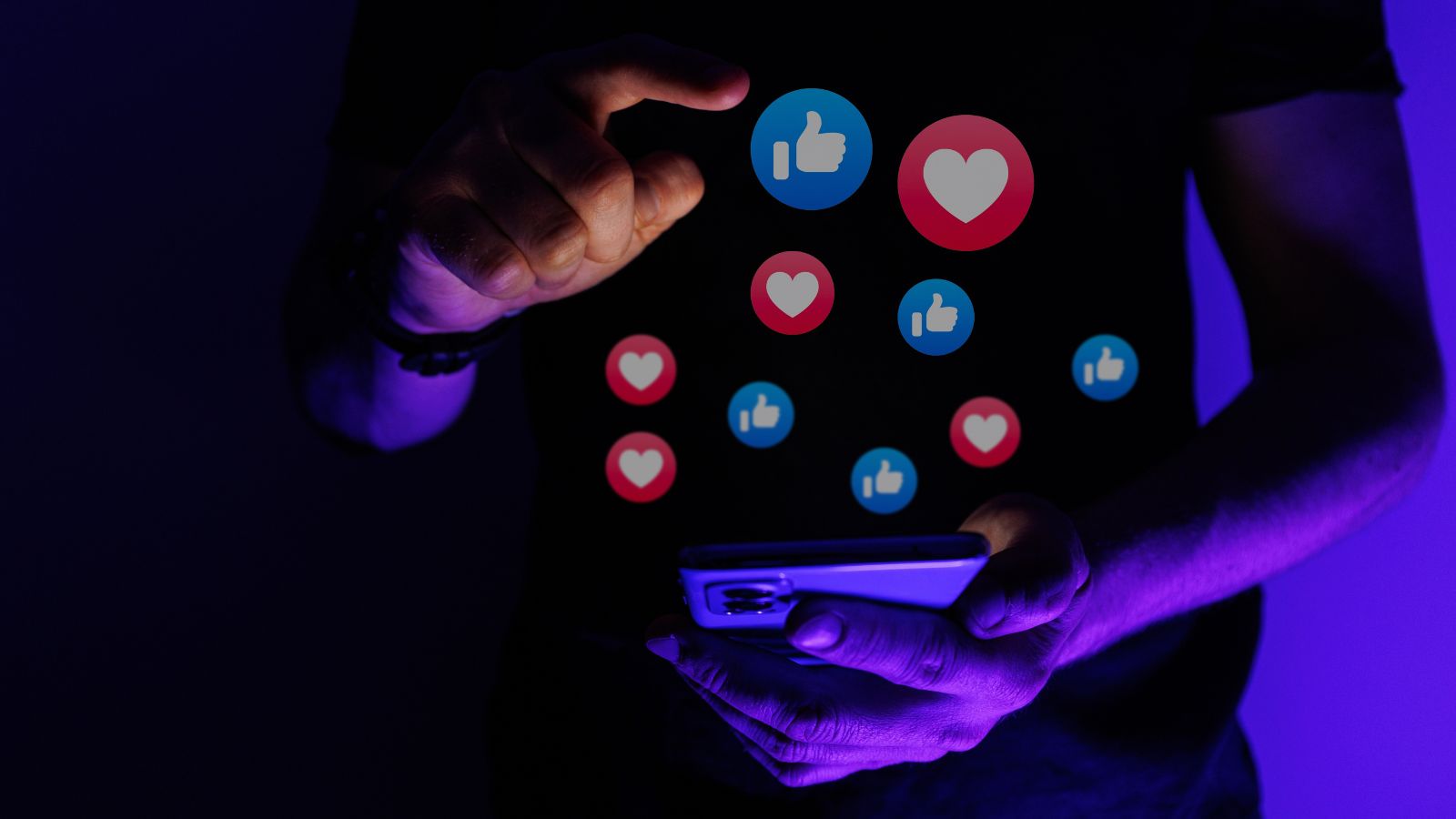
If you find yourself feeling better or worse based on the notifications you receive, your confidence might be tied to social media engagement, which can be fleeting and unreliable.
Feeling Inadequate in Social Situations
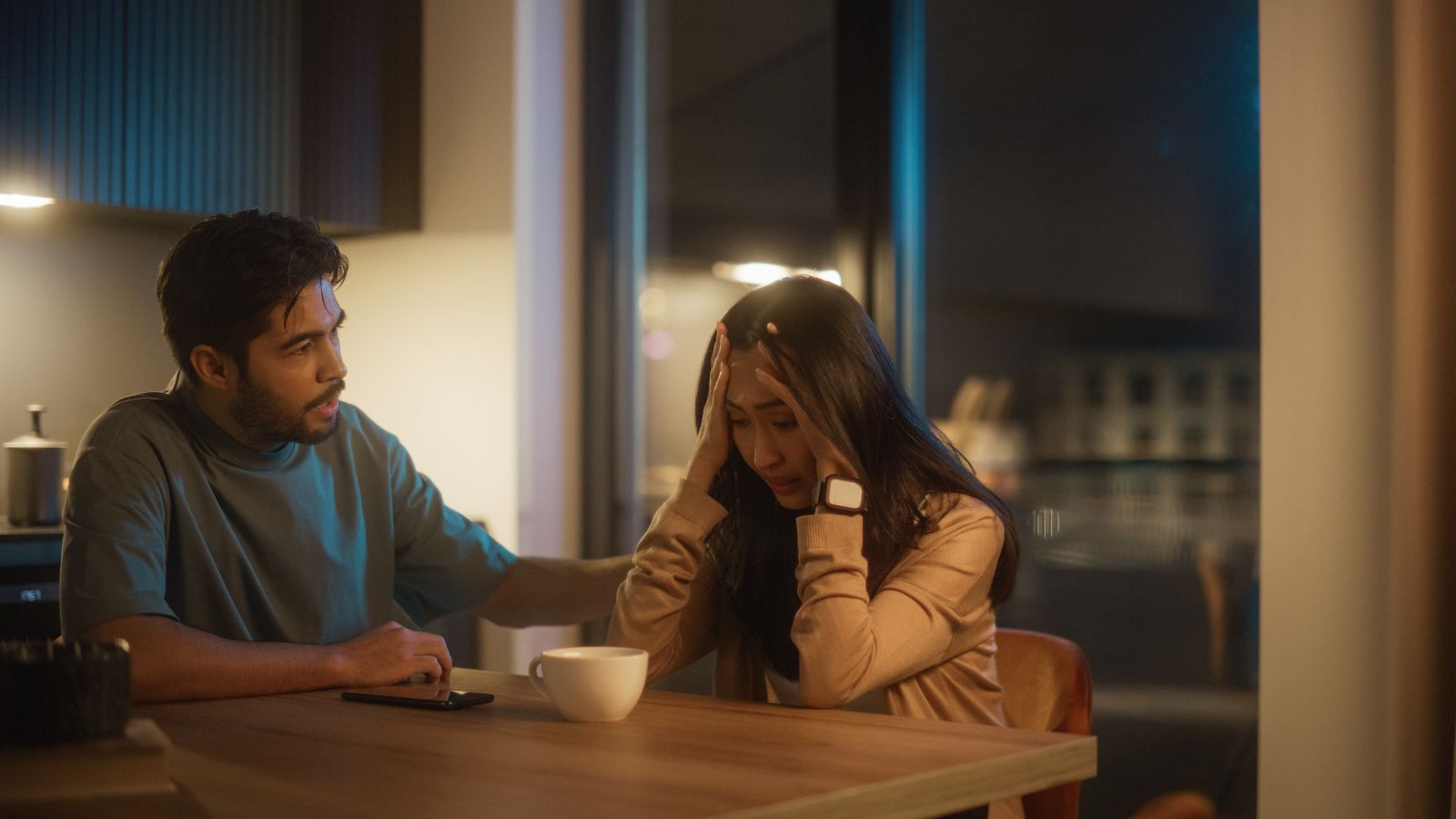
Sometimes, social media can make real-life interactions feel disappointing in comparison, leading you to feel less confident or awkward when socializing offline.
Obsessing Over Physical Appearance

Social media emphasizes looks, often leading users to scrutinize their physical appearance in ways they otherwise might not. This can lead to excessive self-criticism, especially around body image.
You Engage in Negative Self-Talk After Scrolling

If you notice that you tend to criticize yourself after scrolling through social media, this could be a red flag that social media is impacting your self-esteem as you get lost in your online world.
Pressure to Maintain a Certain Image

Many people create an online persona that doesn’t reflect who they are offline. If you feel pressured to maintain this image, it can affect your sense of self-worth.
Mood Swings Linked to Social Media Use
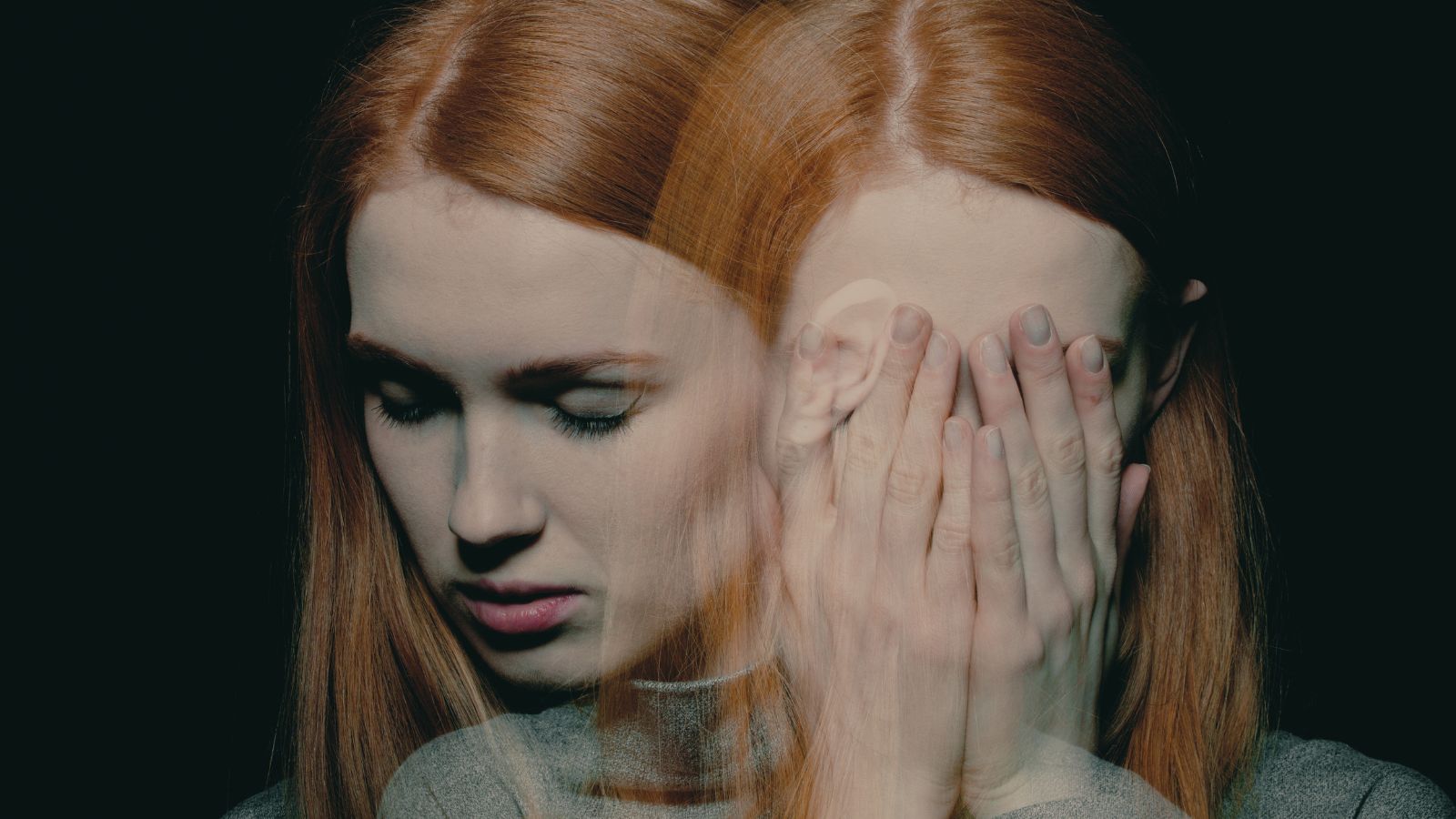
If social media affects your mood significantly, which can leave you feeling insecure, jealous, or angry. For some people, social media slowly eats confidence more than people realize so they don’t necessarily associate their mood with their online activity.
Constantly Seeking Reassurance Online
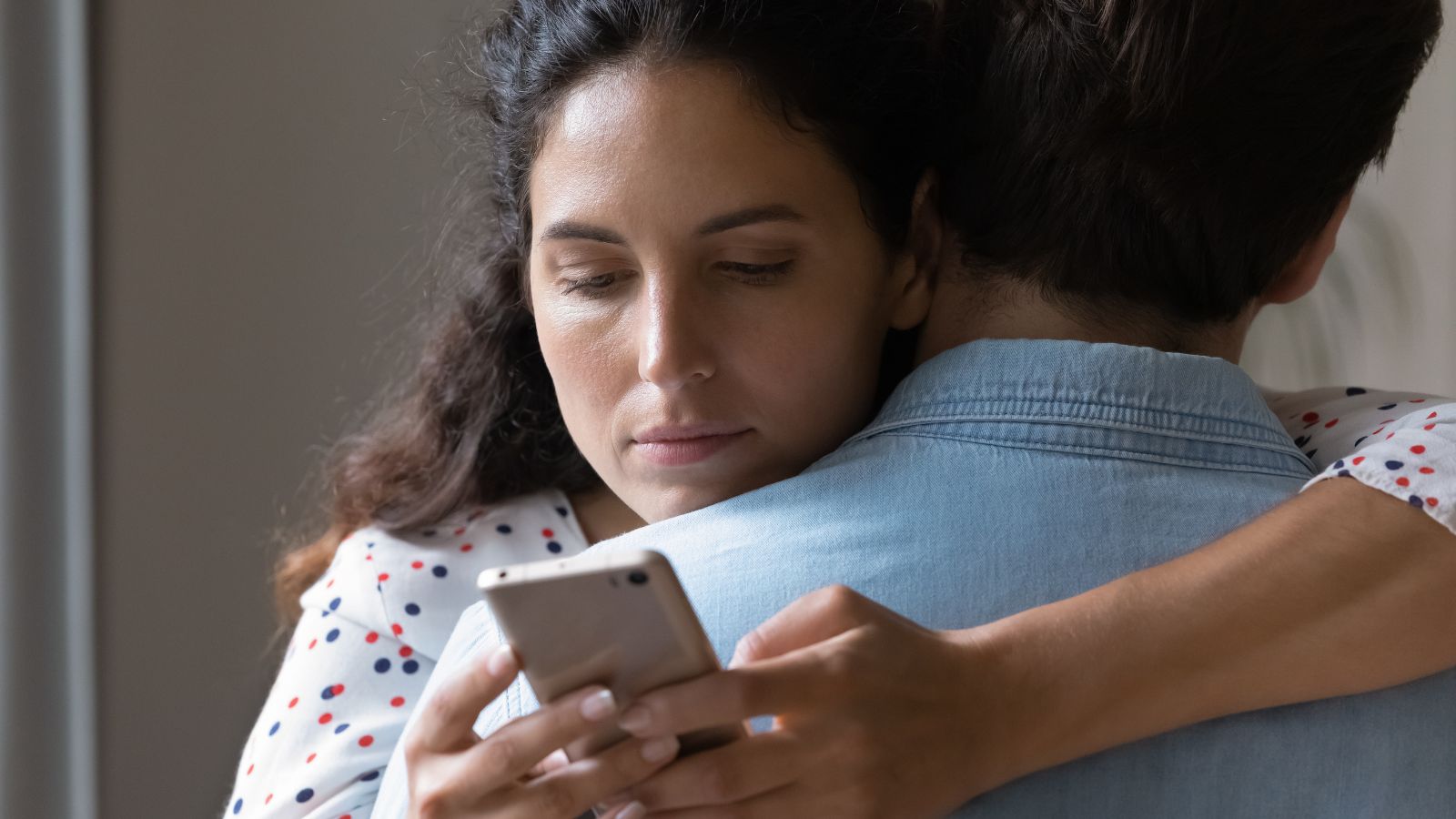
If you’re regularly asking for feedback, likes, or reassurance online, it may indicate that social media is shaping your self-esteem, creating a loop that can be challenging to break.
18 Reasons Why People Are Leaving Florida in Masses

Exploring factors that impact the desirability of living in Florida, this list delves into various challenges shaping residents’ experiences. From environmental concerns like rising sea levels to economic factors such as fluctuating job markets, these issues collectively contribute to a nuanced understanding of the state’s appeal.
18 Reasons Why People Are Leaving Florida in Masses
